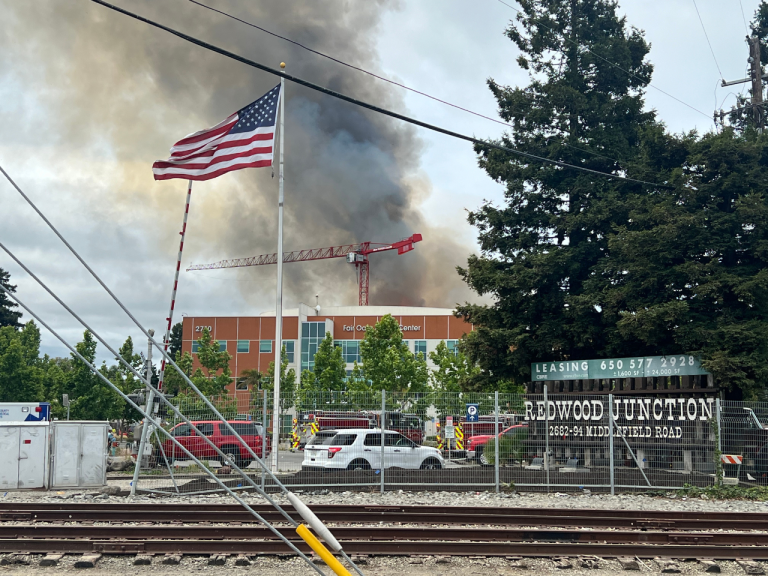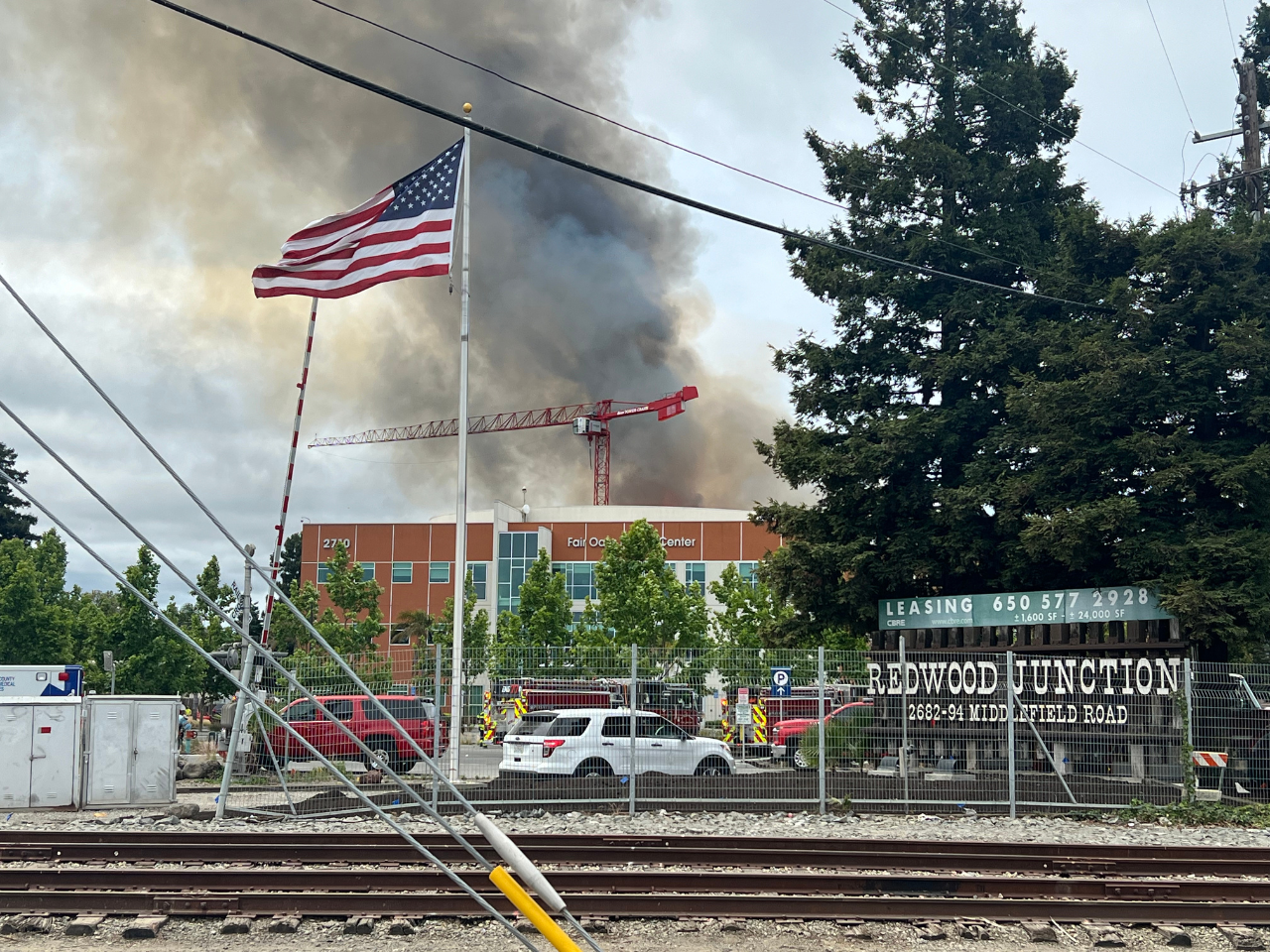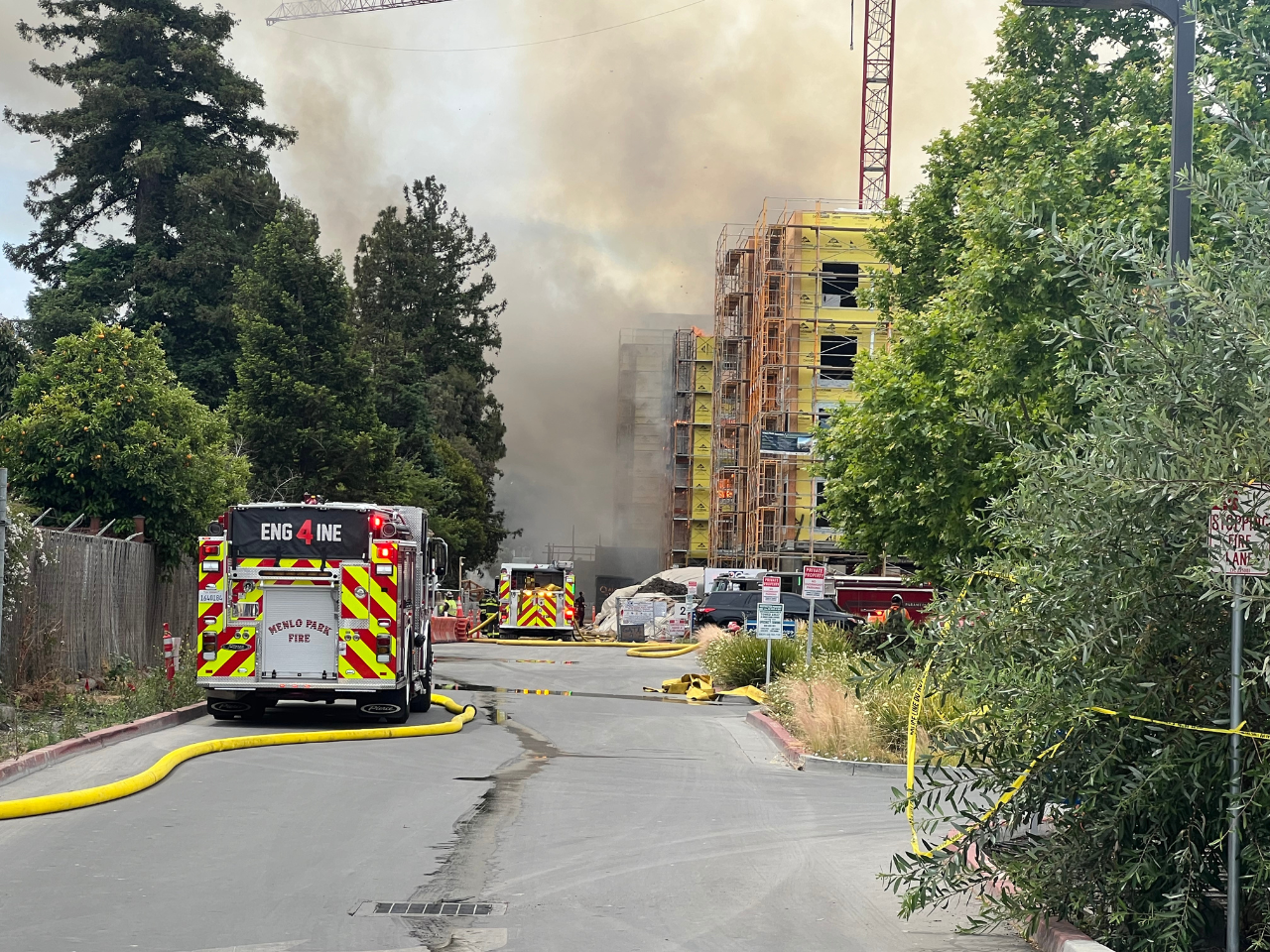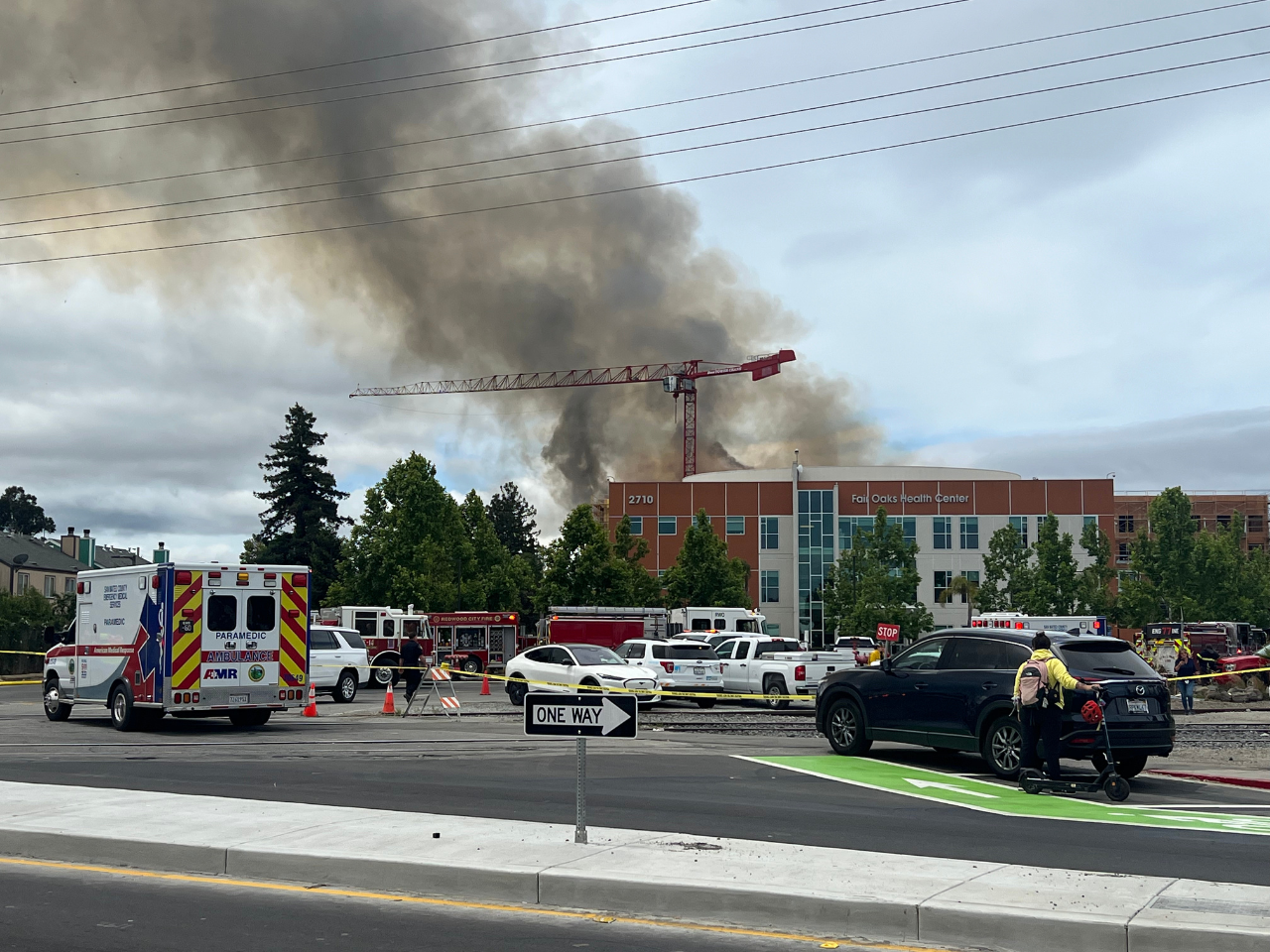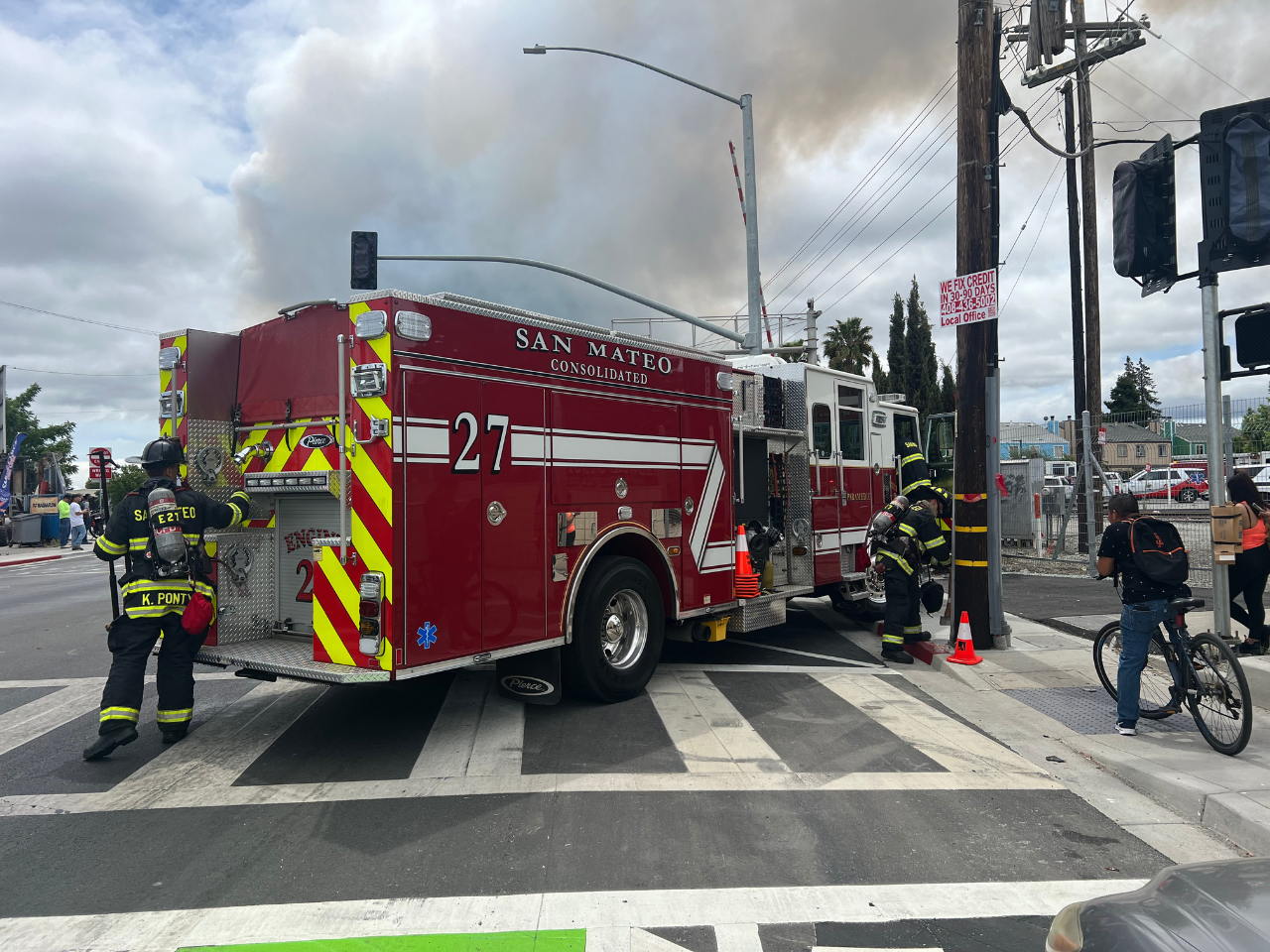
This story is always told like this: “It all started in a garage in Redwood City” … And although many, many people wrote it and continue to do so, one was and continues to be the engine, the brain and the heart: Verónica Escámez, born in Mexico and founder of Casa Circulo Cultural.
Veronica’s house parties, popcorn parties, and theater performances, among other activities, gave birth to a nonprofit community organization “in response to the lack of cultural events and programs in Spanish” that later had its first location in a warehouse complex and finally settled in a charming headquarters in the center of the “new Middlefield,” in North Fair Oaks, where many of the people it serves live.
Casa Círculo Cultural -CCC- celebrated its “themed” quinceañera, in keeping with the location of the party, the Hiller Aviation Museum, located at the San Carlos airport. The ladies of the organization dressed as flight attendants or stewardesses; the men, as aeronautical pilots.
“I think it exceeded my expectations, because I had attended a gala a week before and there weren’t many people, I didn’t see much desire to donate, etc. And I was very surprised that all the people who were invited came and, furthermore, when it came to donating, they did so with pleasure, it was obvious,” said Verónica Escamez.
The CCC Gala, this Thursday, June 6, was titled “A Flight to the Future” and the attendees were presented with a recap of the origin and growth of Casa Círculo Cultural, its impact on the Latino community through the voices of mothers, young people who grew up with and at CCC and who went from being students to teachers, and the moving story of a little boy who found his place in the world at CCC after being bullied at school by master of ceremonies Damián Trujillo, from Telemundo and NBC.
“It is a custom here, so many people who you invite to a gala know that you are inviting them to ask them for money. Now, some people can give you something and others go and still don't, so it is not obligatory that they give you something, but most people who attend a gala know that you are going to ask them for something,” said Escamez.
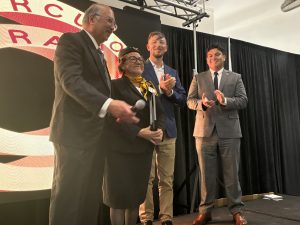
“Some people are happy to buy a ticket, and others know they are going to donate and are actually ready to donate, but some people are more motivated after seeing what you have done, and unfortunately, since non-profit organizations do not have as much support as people think, if there were not these types of events to raise money, it would be very difficult to raise money for some special projects,” he stressed.
Casa Círculo Cultural serves low-income or vulnerable families, providing them with social, economic, cultural, health and well-being tools so that the future of each member is clearer and brighter, in a country where our origin and/or ethnicity generally disqualifies us from the start.
CCC offers classes for children, adolescents, youth, adults and seniors, from taekwondo to folk dance, from leadership and civic culture to gardening, from English to theater, not only for Latinos but for anyone who wants to participate.
In addition, the massive Day of the Dead event held in downtown Redwood City is already a city tradition, as is the celebration itself with the living skeletons of CCC at the San Francisco Symphony and the portals sculpted by Fernando Escartiz, who was recognized during the Gala by the organization and city councilors, due to his many years of work supporting Casa Círculo Cultural.

Sofía Ortiz, who has been with Círculo since the beginning and was a volunteer, actress, and “jack of all trades,” was also awarded. She is now a loyal employee of the institution.
The Gala also featured folkloric dances by groups of children, youth and adults from CCC, and a demonstration of Taekwondo by Yeshua Villa, one of the kids who grew up with Casa Círculo Cultural and who now teaches classes.
It was a triumphant flight for Casa Círculo Cultural. Here's to many more Quinceañeras!
You may be interested in: Organizations like Casa Círculo Cultural become safe spaces in the face of increasing bullying

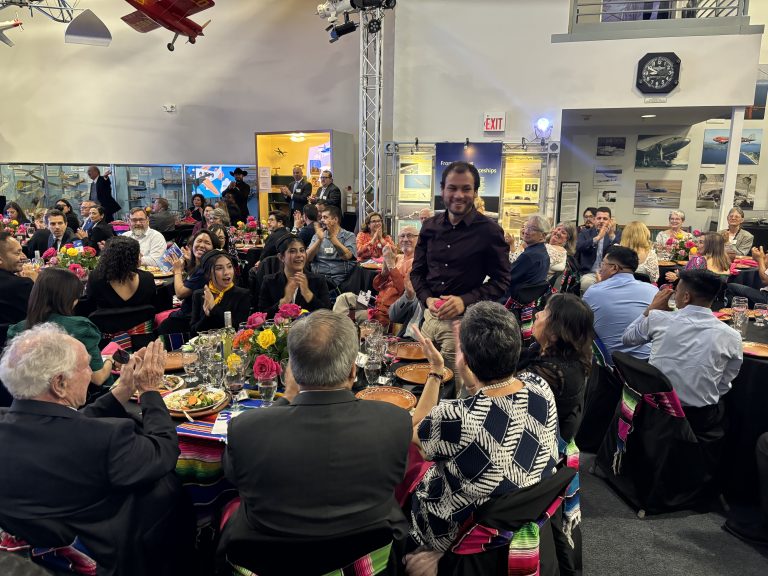


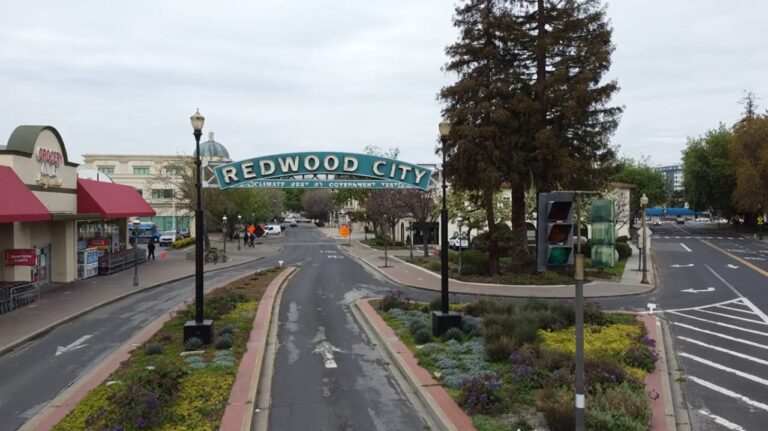
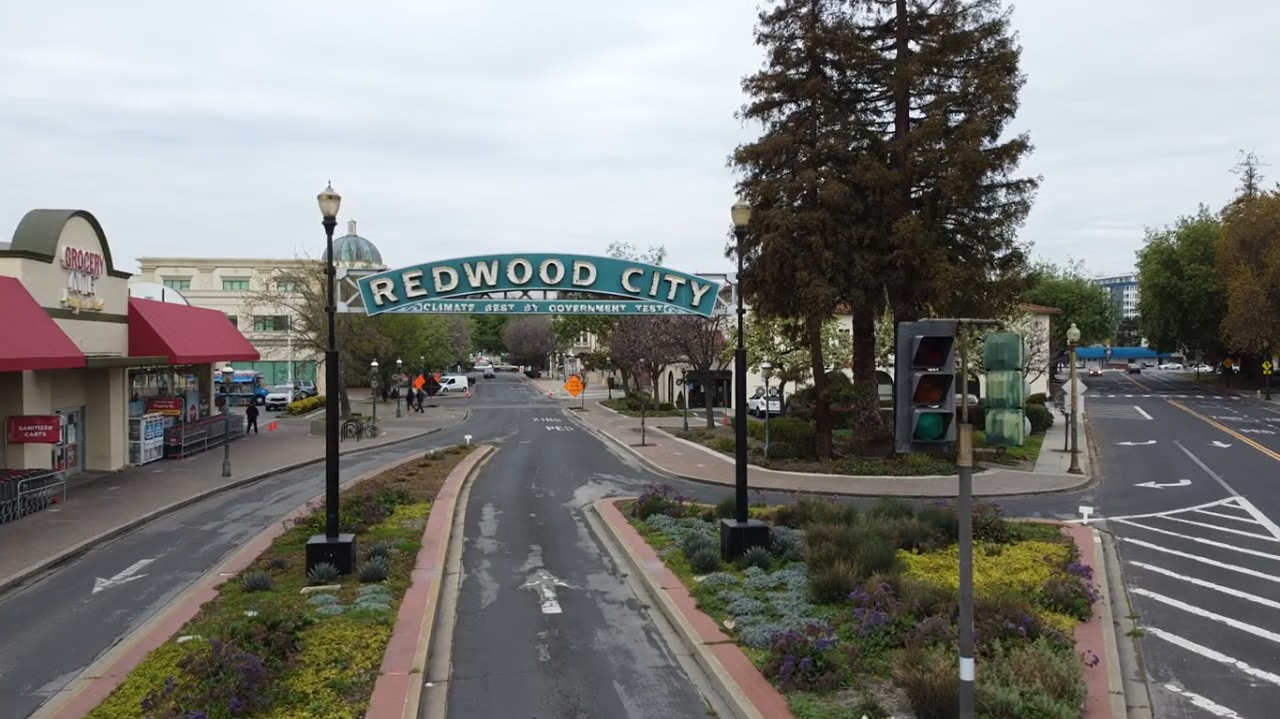
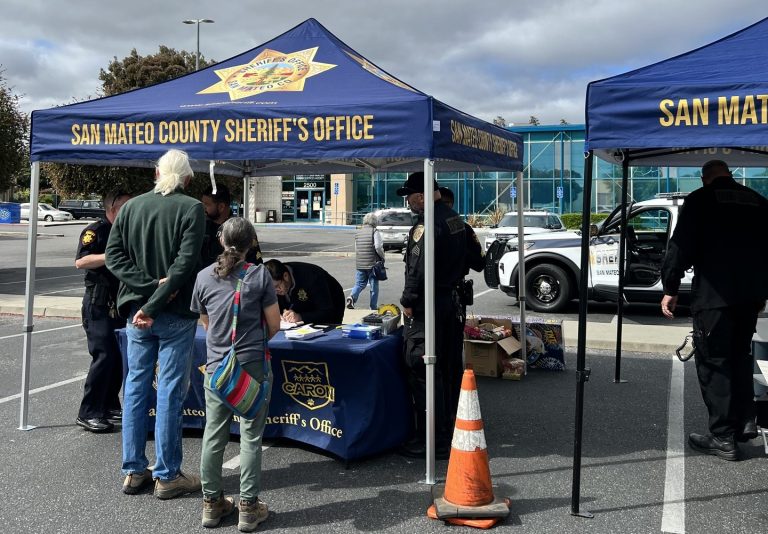
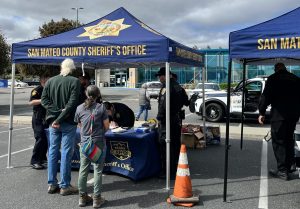
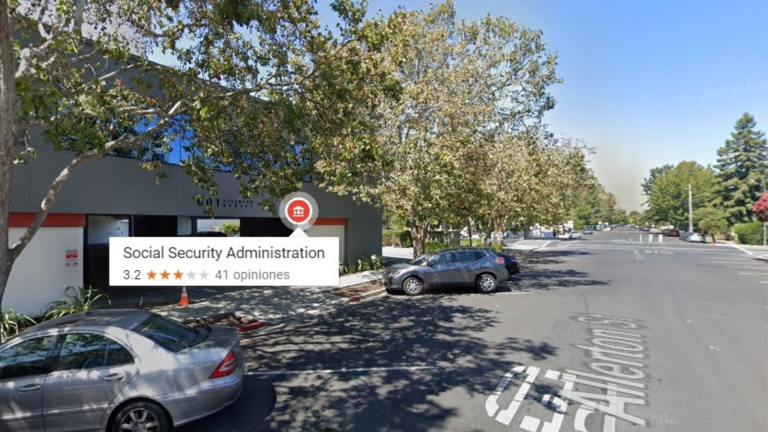
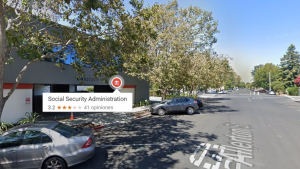
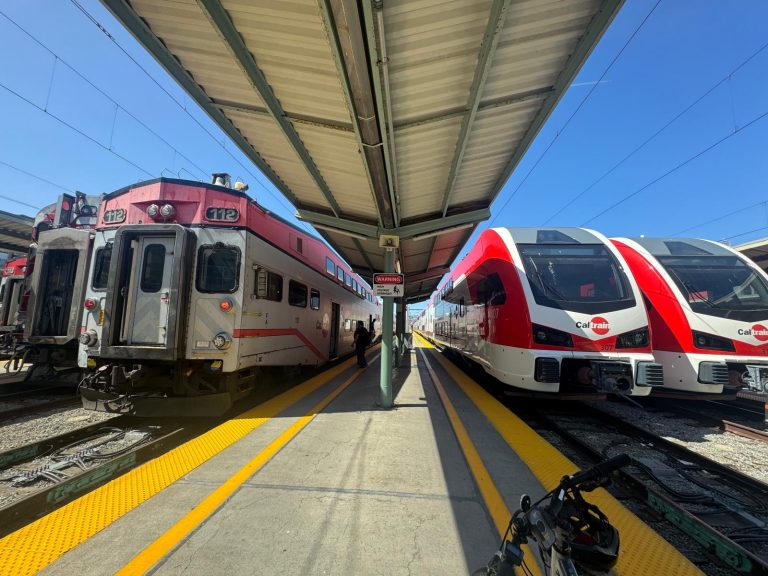
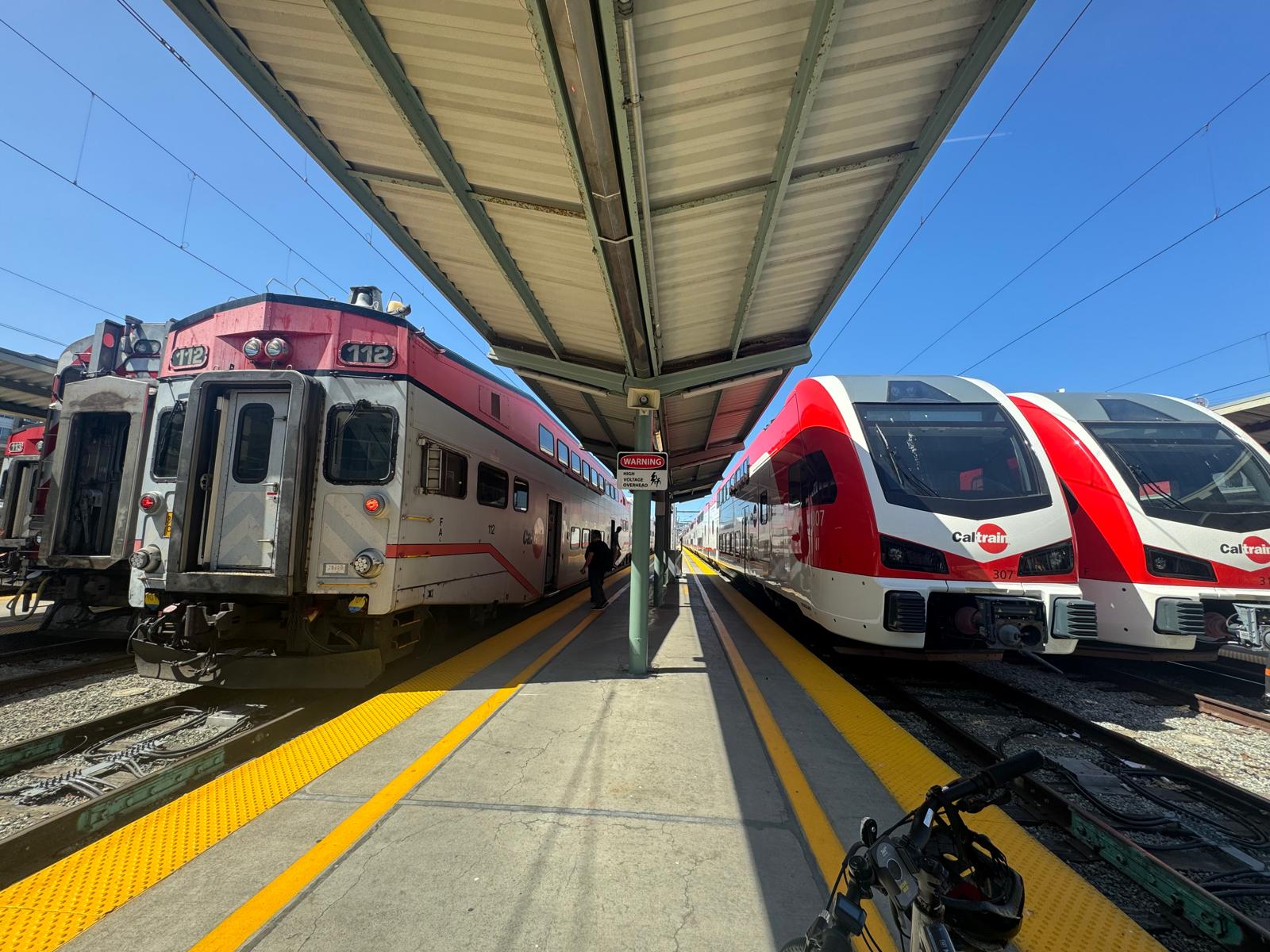
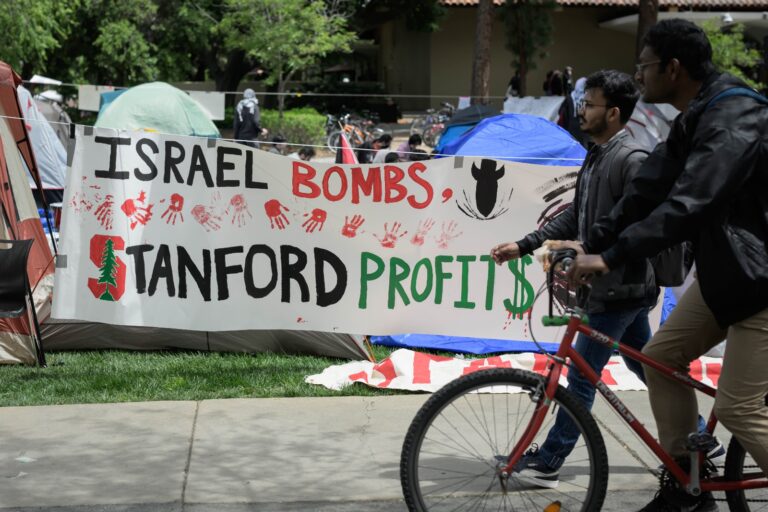
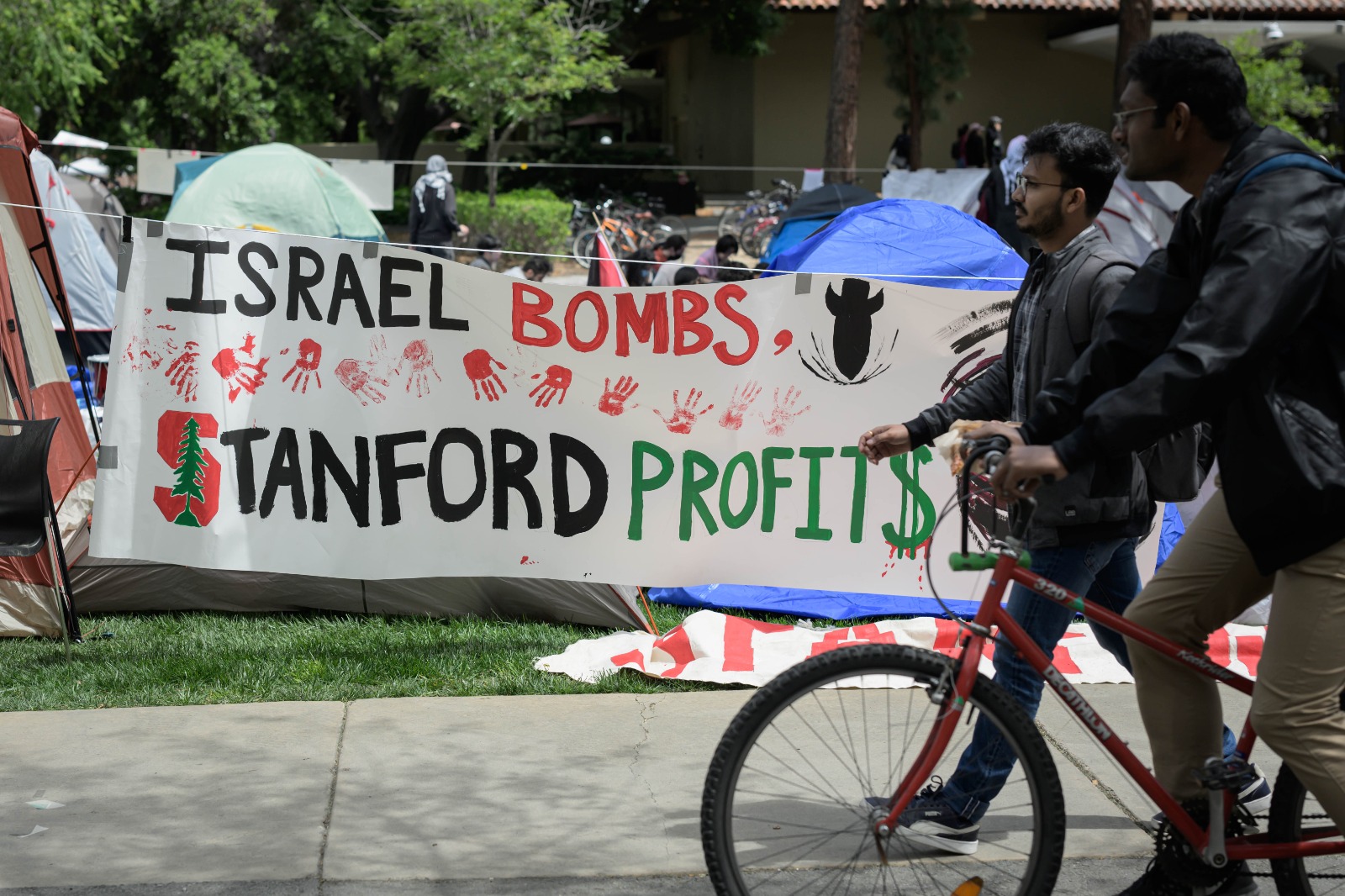
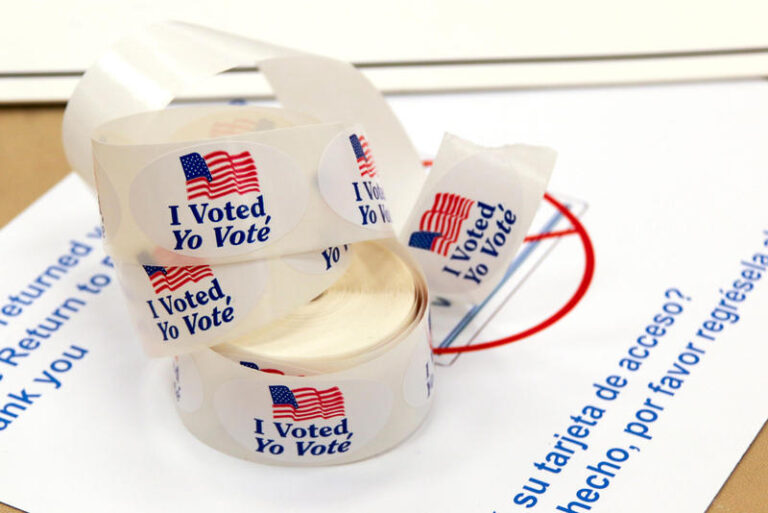



 This resource is supported in whole or in part by funding provided by the State of California, administered by the
This resource is supported in whole or in part by funding provided by the State of California, administered by the 
